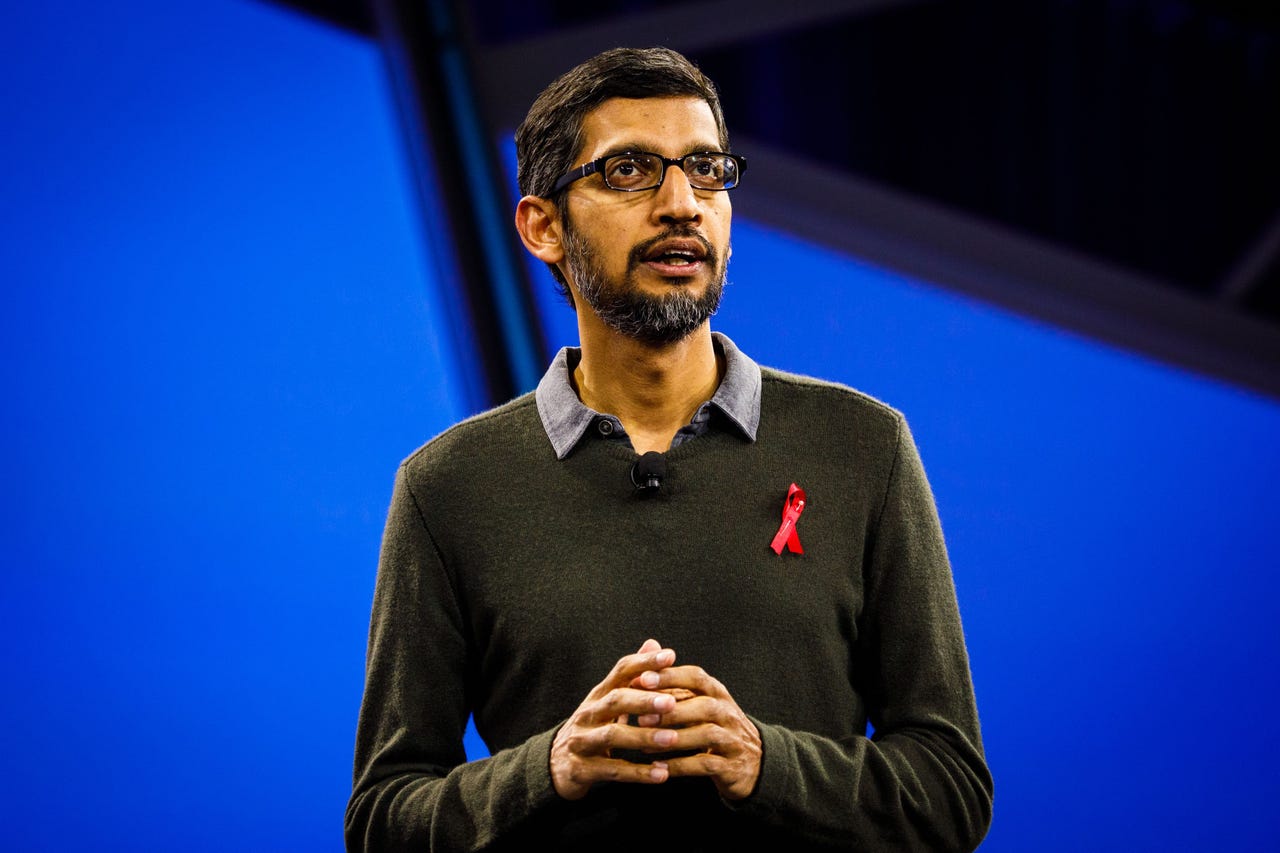Android 10? Google is trying to grow up and it's really, really hard


It's hard to create a grown-up.
On the seminal reality TV series House Hunters International, I occasionally witness young people buying their first house -- or even living on their own for the first time -- and describing it as "adulting."
This seems to be a newly created word that represents strange concepts such as taking responsibility and even considering the needs of others.
The young people walk through apartments, sometimes sad that they're rather smaller than the ones they've lived in with their parents, and struggle with difficult decisions. Like deciding whether to choose the apartment that's $100 a month over their budget, but has a large American fridge or whether to go for the cheaper one that looks out over a construction site.
Somehow, I find myself occasionally imagining that these days Google is going through such a maturing process.
Last week, the company announced it would resist naming its next operating system after a dessert.
This was odd, as surely the whole world had been excited to the point of fainting as to whether Android Q would be Android Quince or whether the company would show its mischievous qualities by going for Queijadinha.
Instead, it's Android 10. Which certainly commemorates the 10th version of Android, but also creates a peculiarly sobering cloud.
Google admitted that constantly amusing itself by choosing an American dessert word might have excluded some countries where, for example, Froyo or Marshmallow just aren't a thing. Or even a word.
I can't help thinking, however, that someone at Google has decided it's time to reduce the slightly juvenile fripperies.
Few companies in world culture can have amused themselves more by creating April Fool's jokes. Few have chosen to spread their slightly awkward jollity with such insouciant abandon.
There was, though, a far deeper level to Google's naïveté.
"Don't Be Evil," for example, sounded like nothing more than a slogan created late on a Friday night by a Ganja Cake-gorging students' union subcommittee.
The mere idea that you could grasp at all the world's most intimate information and still be sanctimoniously pure was touchingly laughable.
The mere thought that you could claim to be making the world a better place while hoovering up every last advertising dollar and never, ever favoring your own products was chuckleworthy.
One can't help thinking that co-founders Larry Page and Sergey Brin slipped out through the side door at the perfect moment.
Suddenly, Google was being asked to account for the slight dichotomy between its protestations of youthful, sincere goodness and its actual behavior.
Suddenly, the company was grappling not only with the fact that it's just as slippery as other big companies, but with some basic tenets of real life.
The sudden realization, for example, that not everyone is a liberal.
Growing up isn't proving easy, however. Few CEOs have been placed before more uncomfortable tests of maturity than Sundar Pichai.
One minute he's being grilled by Congress and offering disturbingly defensive nonsense.
The next his employees are loudly telling him that no, no Google can't work with the sorts of people who might kill others. You know, like the Department of Defense.
Then there's the severely troubling instances of alleged sexual harrassment, some involving grotesque payments to executives involved.
Meanwhile, the company's YouTube arm, once a place to watch music videos and learn how to sand down an old table, now wrestles with the idea that it's enabling the radicalization of whole countries.
Of course, some of Google's most severe issues are shared by other tech companies that have bathed the world in their immature ways.
Yet few could surely have accused the likes of Facebook of being remotely as idealistically superior and childlike as Google.
Must-see offers
That's why something as apparently innocuous as leaving desserts behind is a small sign that Google might -- just might -- become a touch more considered and mature in its thought process.
Adulting isn't always a lot of fun. There are times when you're truly frightened. There are times when you simply have no idea what you can or should do to solve a problem, but at least you know you should do something.
There are times when you wish you were a kid again and someone else would handle all the ugly stuff. And I don't specifically mean Eric Schmidt.
Yet here Google is, no longer a darling, nor even so daring.
Instead, it's a company that's trying to release phones that people might actually buy, aggressively attacking Microsoft and attempting to operate successfully in a world that's going very slightly insane.
I suspect the company hasn't yet received all the desserts that ought justly to be meted out to it.
Yet there's now a little hope Google might begin to represent something a little more edifying in years to come.